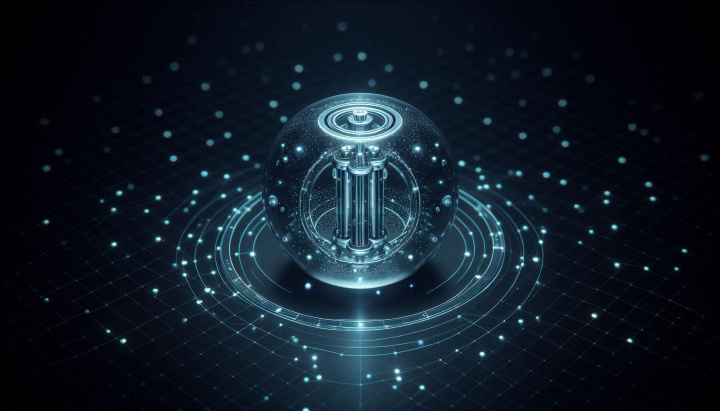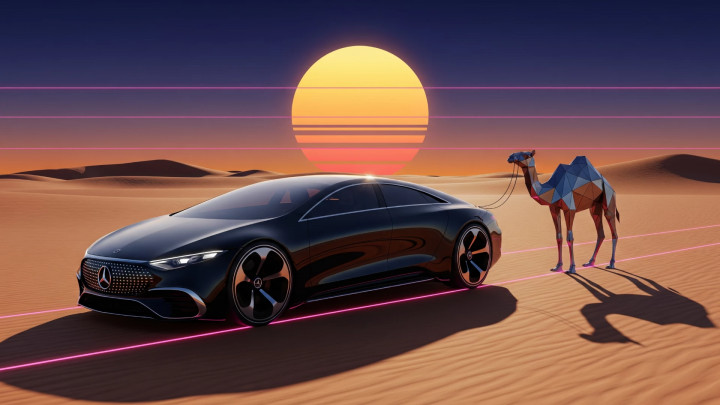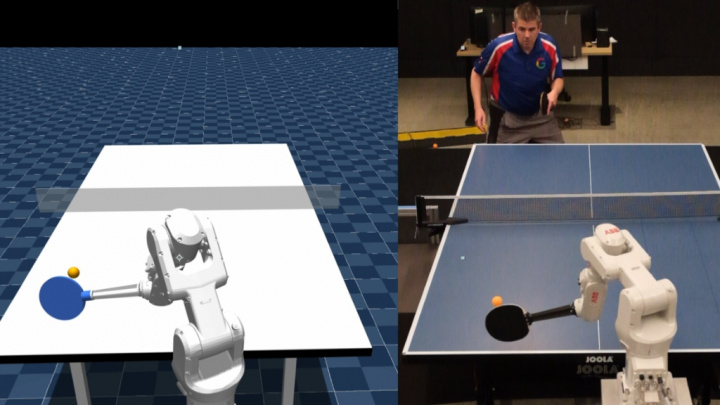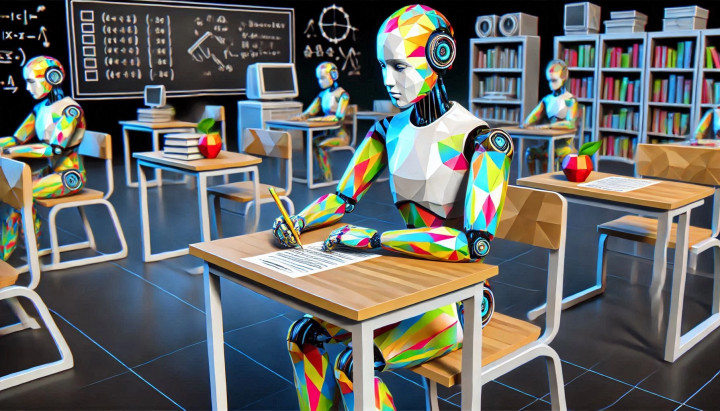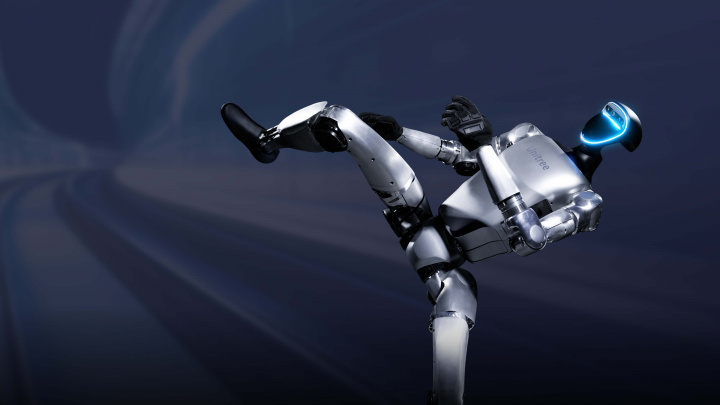The Art of Adaptation: Is Any Skill Truly Future-Proof?
As technology advances, our world is changing faster than ever before. Yuval Noah Harari, one of the most influential thinkers of our time, has been warning us for years about the challenges ahead. But what advice does he offer for preparing for the future? I will explore Harari's ideas, focusing particularly on why adaptability might be the most valuable skill of the 21st century.
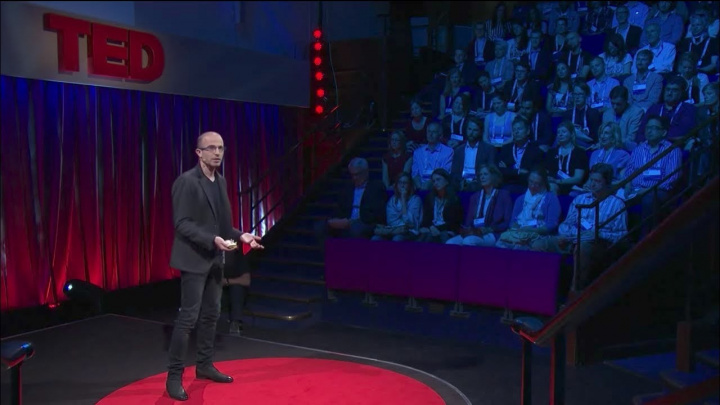
The Challenges of the AI Era
The Transformation of the World of Work
According to Harari, AI and automation will fundamentally change the world of work. "By 2050 a new class might emerge – the useless class. People who are not just unemployed, but unemployable," he writes in his book "21 Lessons for the 21st Century" [1]. This change is not merely economic but carries profound social consequences.
The "Useless Class"
Harari discusses the potential emergence of a new social class, which he terms the "useless class." These are people whose jobs are easily automated and who find it difficult to carve out a new role in society. This concept goes beyond simple unemployment, highlighting a deeper, structural problem.
Technological Inequalities
Harari also warns of the growing inequalities caused by technological progress, both between countries and within societies. The benefits of AI and automation will not be enjoyed equally by everyone, which could further deepen existing divides.
Adaptation: The Key to Survival
Flexibility and Emotional Intelligence
Harari emphasizes that in the future, survival won't necessarily belong to the strongest or the most intelligent, but to those who can best adapt to change. "In a world deluged by irrelevant information, clarity is power. [...] In a world of radical uncertainty, the last thing you want to teach kids is how to memorize and follow algorithms. Instead, you should teach them how to be mentally flexible and emotionally balanced," he stated in an interview.
A key idea in Darwinian evolutionary theory is that the ability to adapt to the environment plays a crucial role in the survival of species. This is often paraphrased as:
"It is not the strongest of the species that survives, nor the most intelligent; it is the one most adaptable to change."
It's important to note that this is actually a paraphrase, not a literal quote from Darwin. Although he didn't use these exact words, this phrasing faithfully reflects the essence of his theory. Darwin pointed out that during natural selection, it's not necessarily the physically strongest or cognitively most advanced individuals and species that endure, but those that can most successfully adapt to changing environmental conditions.
Human-Machine Collaboration
According to Harari, AI won't necessarily replace humans in the future. Instead, he believes that people who effectively use AI will replace those who don't. This idea underscores the importance of adaptation: it's not enough to simply accept the existence of AI; we must learn to collaborate with it effectively.
Artificial Intelligence vs. Human Intelligence
It's important to note that Harari suggests AI won't necessarily resemble human intelligence. This could pose new challenges in both education and the workplace, as we need to develop skills that complement, rather than imitate, machine capabilities.
Lifelong Learning: More Than Just a Slogan
Radical Transformation of Education Systems
Education systems must undergo radical transformation to prepare people for this rapidly changing world. Harari argues that lifelong learning is not just a buzzword but will be a vital strategy for thriving in the future.
Continuous Adaptation
"The automation revolution won’t be a single watershed event after which the job market will settle down into a new equilibrium. Rather, it will be a cascade of ever-bigger disruptions," Harari warns. This means we must constantly be ready to relearn and retrain.
New Challenges and Solutions
Data and Power
Harari stresses that data is becoming the most valuable resource of the 21st century. Whoever controls the data gains power. This raises new ethical and political questions regarding data management and ownership.
The Danger of Digital Dictatorship
He warns that the combination of AI and big data could enable the creation of totalitarian surveillance systems, threatening democracy. This thought highlights that technological progress has not just economic but also political consequences.
Universal Basic Income (UBI)
As a potential consequence of automation, Harari supports the idea of Universal Basic Income (UBI) as a possible solution to the problem of unemployment. This concept reframes the relationship between work and income in an AI-driven economy.
The Need for Global Cooperation
Harari emphasizes that addressing the challenges posed by technology requires global cooperation. The effects of AI and automation know no borders, so finding solutions demands international collaboration.
What Can We Do Now?
- Develop our emotional intelligence: AI might surpass us in logical tasks, but we will likely maintain a competitive edge in human relationships and emotional intelligence for a long time.
- Learn how to learn: Don't just acquire information; develop your ability to learn. The faster you can master new skills, the more valuable you will be.
- Be flexible: Don't rigidly stick to a single career path or skill set. Be open to new opportunities and directions.
- Nurture our creativity: AI struggles to compete with human creativity. Develop and cultivate your creative abilities.
- Build relationships: The value of human connections and networks will be immeasurable in a world dominated by technology.
- Be conscious about our data: Understand the value and importance of data in the digital age.
- Support ethical AI development: Be active participants in the societal dialogue about the ethical development and application of AI.
- Think globally: Understand that the challenges of AI are global in nature and seek opportunities for international cooperation.
Harari's vision of the future is complex and multifaceted. While AI and automation bring significant challenges, they also create new opportunities. The key lies in developing adaptability, embracing continuous learning, and preserving human values in a rapidly changing technological environment. Harari's thoughts encourage us to be not just passive observers but active shapers of this new era, while critically thinking about technology's impact on society.
References
- Harari, Y.N. (2018). 21 Lessons for the 21st Century. Spiegel & Grau.
- Deutsche Welle (2020). Yuval Noah Harari on COVID-19: 'The biggest danger is not the virus itself'. https://www.dw.com/en/virus-itself-is-not-the-biggest-danger-says-yuval-noah-harari/a-53195552
- Harari, Y.N. (2017). Homo Deus: A Brief History of Tomorrow. Harper.
- Harari, Y.N. (2018). Why Technology Favors Tyranny. The Atlantic. https://www.theatlantic.com/magazine/archive/2018/10/yuval-noah-harari-technology-tyranny/568330/
- Harari, Y.N. (2017). The meaning of life in a world without work. The Guardian. https://www.theguardian.com/technology/2017/may/08/virtual-reality-religion-robots-sapiens-book
